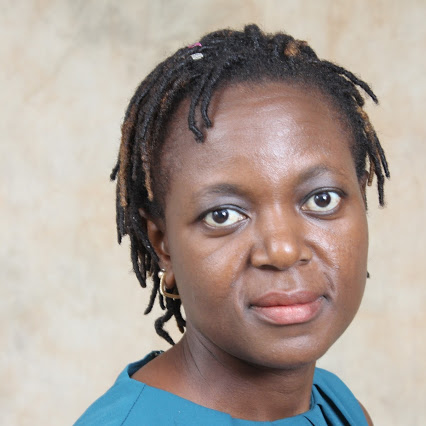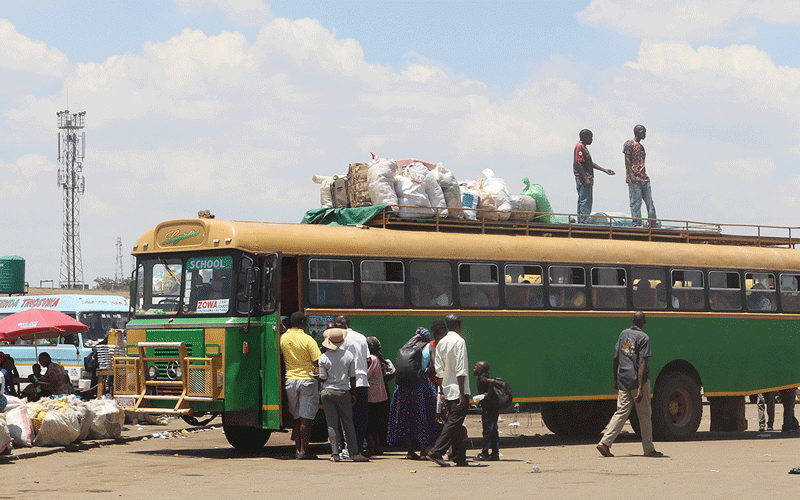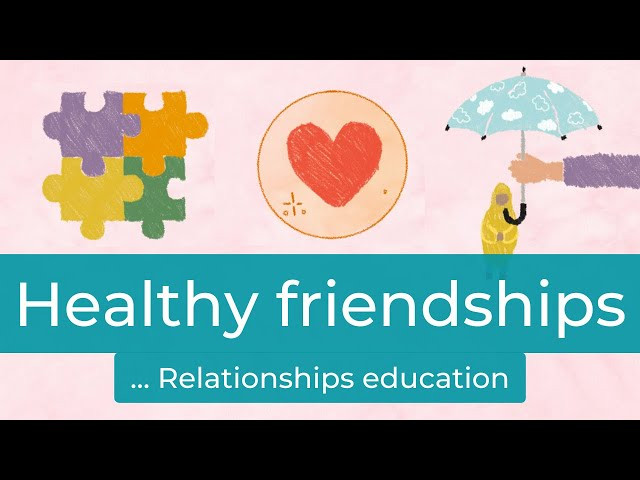
Over the last few weeks, we have looked at some basic immigration laws in Zimbabwe. More information on regulations and requirements can be found on the Department of Immigration Zimbabwe website. There is relevant information pertaining to the various permits that are issued for a valid stay in the country.
Rights: MIRIAM TOSE MAJOME
The different types of permits regulate the visit, depending on the purpose of the visit. The discussion on immigration generated a lot of interest and questions about citizenship.
We have discussed it before, but for the sake of completion will revisit it. People always want to know whether or not dual citizenship is allowed in Zimbabwe. They want to know if they can maintain their Zimbabwean citizenship simultaneously with that of another country.
The Registrar-General’s website is not the best source of information regarding citizenship. It is very misleading and we had hoped that since highlighting the issue in 2015 about the outdated information peddled on the website, it would have been updated by now.
The site was last updated in 2012 before the 2013 Constitution came into force. The page refers to the Zimbabwe Citizenship Act of 1984 with amendments in 2001 and 2004. That Act outlawed dual citizenship, but it was superseded by the 2013 Constitution.
So misleading and unreliable is information given by the Registrar-General’s department that even the passports still being issued to date contain this misleading and false message. The conditions of issue written on page 4 of the Zimbabwean expressly outlaws dual citizenship.
It states unequivocally that it is a criminal offence to simultaneously own passports from different countries. The confusion and uncertainty between what is officially stated and what the Constitution says after 2013, only entrenches fear and forces many people to lie and conceal their citizenship status to immigration officials.
- Chamisa under fire over US$120K donation
- Mavhunga puts DeMbare into Chibuku quarterfinals
- Pension funds bet on Cabora Bassa oilfields
- Councils defy govt fire tender directive
Keep Reading
Furthermore, Zimbabwean passports state that the passport is the property of the government of Zimbabwe. It warns that the Zimbabwean passport can be withdrawn, amended or cancelled at any time because it is a privilege, which citizens only get at the government’s pleasure.
This implies the government can, at its own discretion, refuse to issue passports to selected individuals. However, this is at variance with section 35(b) and (c) of the Constitution.
The law
Section 35(3) states that all Zimbabwean citizens are entitled to the following rights and benefits in addition to any other granted to them by law
(a) to the protection of the State wherever they may be (b) to passports and other travel documents and (c) to birth certificates and other identity documents issued by the State
Accordingly, the Zimbabwean passport, travel documents and identity documents are rights which are accorded to all citizens. They are not privileges, which belong to the government to give out to favoured people.
It is the right of every Zimbabwean to be given a passport. The Registrar-General cannot, therefore, decline an application for passports or identity cards or withdraw or cancel them as warned. Those are empty threats and unless the documents were obtained using fraudulent means.
Revocation and reinstatement of citizenship
It is possible to apply for reinstatement of Zimbabwean citizenship if it had been previously renounced or lost. Such application is in terms of the Citizenship Act. Citizenship can be revoked if it is proved that there was fraud, concealment or misrepresentation used in acquiring it.
Citizenship is an inalienable right and everyone is entitled to be a citizen of at least one county. Citizenship is not a privilege or government prerogative. It cannot be revoked if the effect of the revocation is to leave the person stateless.
This poses a problem for many governments the world over. People can turn up in a country without identity particulars, so it is difficult to return them anywhere. Some are genuine refugees fleeing war or persecution, but some are just devious people, who can even destroy their identification documents somewhere in transit so that they cannot be returned anywhere if their country of origin is unknown.
Zimbabwe is party to various international conventions such as Refugee Protocols of 1951, 1967 and 1969 in addition to the Refugees Act Chapter 4:03. By operation of international and domestic laws, all people in a country have to be documented and be identifiable as either citizens, non-citizens or refugees.
Illegal migrants would typically be undocumented because either they entered the country illegally through unsanctioned means or their permits expired and they simply disappeared within the country.
Citizenship by birth
Citizens become citizens either through birth, registration or by descent. If a person is born in Zimbabwe, they are a citizen by birth if either of their parents is a Zimbabwean or if any of their grandparents is/was a Zimbabwean citizen by birth or descent.
Zimbabwean citizenship by birth is also possible even for people born outside the country. This applies if the parents are ordinarily resident in Zimbabwe or if they were working for the State or an international organisation when the child was born.
Dual Citizenship
The 2013 Constitution allows dual citizenship — Section 42(e) for those who are citizens by birth as explained above. It does not apply for people who became citizens by descent or registration. The law is silent on multi citizenship even for those who are citizens by birth.
People born outside Zimbabwe are citizens by birth if their parents were ordinarily resident in Zimbabwe when they were born. Being ordinarily resident in Zimbabwe or indeed any other country does not mean living in that country physically. It means it is the country, which one regards as their permanent home even if they live elsewhere.
This applies to the many Zimbabweans living and working outside the country.
Many people simply live and work in foreign countries to make a living, but still regard Zimbabwe as their permanent home. They can return home anytime even they have lived in a foreign country for many years and they remain Zimbabwean citizens if they have not renounced their citizenship.
Permanent home
For someone to regard a country as their permanent home it means they should maintain sufficient links with that country. They should not show any intention to permanently cut ties and leave it permanently.
Many Zimbabweans living abroad do maintain very strong links with the country even after acquiring the citizenships of their host countries.
They maintain these ties by renewing their passports and even obtaining Zimbabwean passports for their children born abroad.
They use their Zimbabwean passports to re-enter the country on visits and hide their foreign passports for fear of being arrested or harassed. They coach their children to lie and to not talk too much at the airport or the border.
However all this lying and sneaking around became unnecessary after 2013, but still the uncertainty and fear of “being found out” persists and old habits die hard. The Constitution is the supreme law and overrides any other policy or practice. Before travelling to a foreign country it is advisable to be compliant with the law and know one’s immigrant or citizenship rights.
No one ever wants to be told to stand aside by an immigration officer while their passport is taken to the back office for heaven knows what. That only means trouble so one must always be legally compliant.
Miriam Tose Majome is a lawyer and a teacher. She can be contacted on [email protected]











